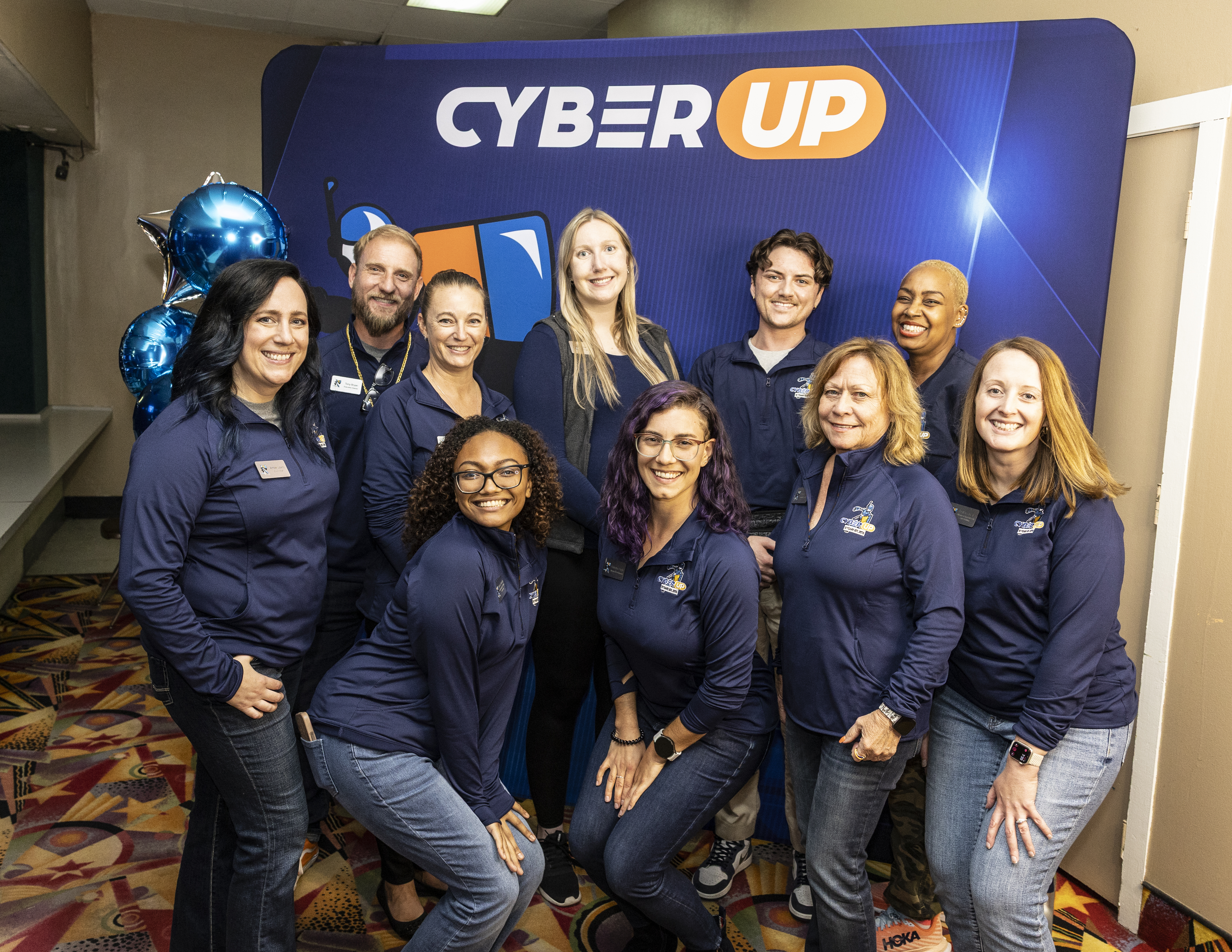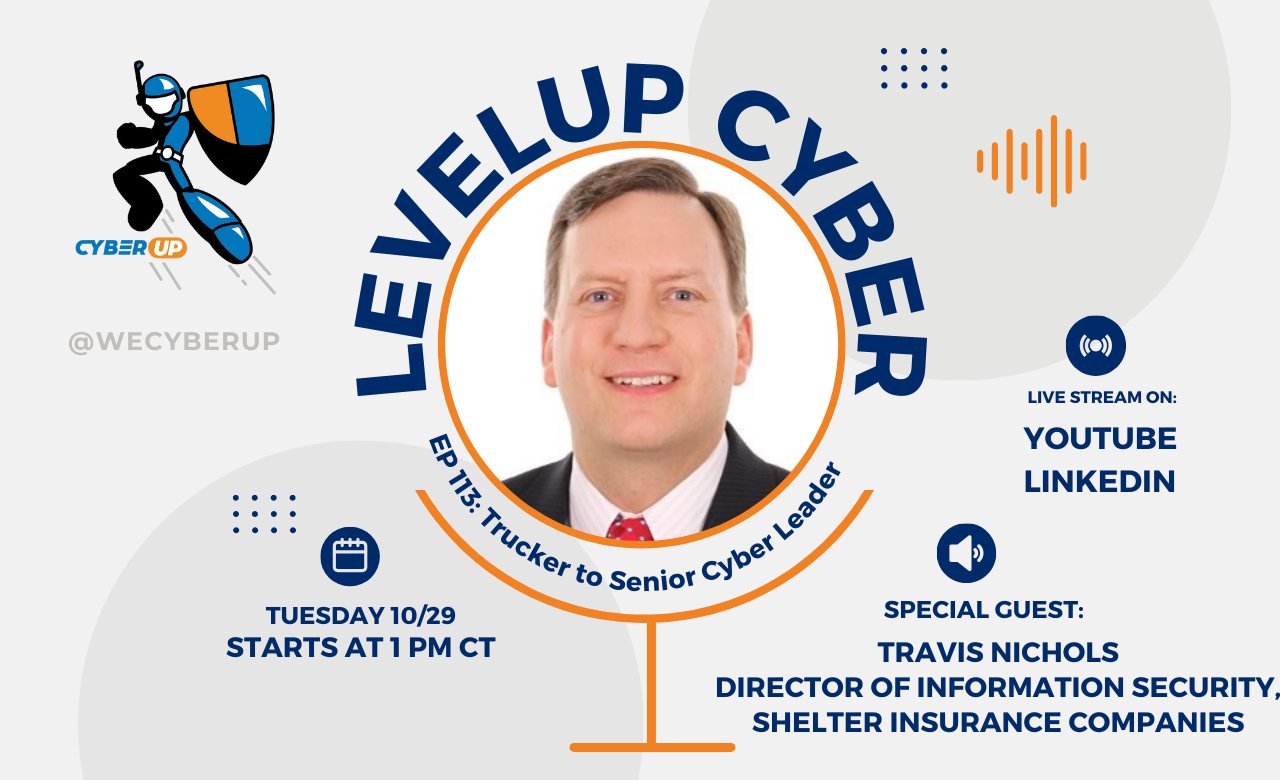10 Years of CyberUp: Building People, Companies, and Communities for the Future
When I think back to ten years ago, I remember the early days of CyberUp — the long hours, the brainstorming sessions in coffee shops, and the excitement of seeing our first students begin their cybersecurity journeys. I remember one student, a veteran, who had never considered a career in tech. After completing our program, he landed his first role as a cyber analyst and later told me that it completely changed the trajectory of his life. It’s moments like these, when someone recognizes their own potential, that have driven the heart of my journey with CyberUp.
Another story that has stayed with me is about a student we first met when he was in middle school through one of our programs. Even then, he showed curiosity, dedication, and a spark for technology. Over the years, we’ve watched him grow, participate in workshops, take on mentorship opportunities, and eventually launch a career in cybersecurity. Seeing that journey — from middle school classroom to industry professional — illustrates why our work matters and the long-term impact of early engagement in cybersecurity.
On October 15th, we celebrated ten years of CyberUp. I was reminded of how far we’ve come. Ten years of creating opportunities, building careers, and strengthening communities through cybersecurity. Looking around at our partners, mentors, funders, and supporters, it was clear that none of this would be possible without the people who believed in our mission from the very beginning.
When we started CyberUp a decade ago, the world of cybersecurity looked very different. Most companies were only beginning to realize that cyber threats weren’t just an IT problem — they were a business problem, a people problem, and, ultimately, a community problem. We knew that the solution wasn’t just about technology; it was about people.
CyberUp was created to build a skilled workforce that supports people, companies, and communities. We provide students, veterans, and career changers with the training and opportunities they need to launch meaningful careers in cybersecurity. Over the past ten years, this mission has grown into something that has changed lives and strengthened communities.
The impact we’ve seen is remarkable:
- We’ve trained and upskilled more than 800 individuals for cybersecurity careers.
- We’ve partnered with over 125 employers nationwide to create apprenticeship opportunities that turn potential into professions.
- We’ve inspired more than 4,000 students through youth programs that make cybersecurity hands-on, exciting, and accessible.
Along the way, we’ve seen people from every background discover that they belong in this field. From a single mom transitioning from a call center into a cyber analyst role, to veterans bringing their discipline and service mindset into protecting digital frontlines, these are the stories that define CyberUp’s success.
As we celebrate these accomplishments, we’re also looking ahead. The world of cybersecurity continues to evolve rapidly, and we know that the work of building strong people, strong companies, and strong communities is never finished. Over the next decade, we’re excited to continue expanding our impact, exploring new opportunities, and preparing for the future.
Looking back on ten years of growth, impact, and partnerships fills me with pride and gratitude. Looking forward, we’re more committed than ever to empowering individuals, supporting employers, and strengthening communities across the country.
CyberUp’s story is a story of people, partnerships, and potential — and it’s only just beginning. Together, we’ll continue building careers, fostering opportunity, and shaping a stronger, more resilient future for all.
Here’s to the next ten years of growth and impact.



-3.png)

.png)
-2.png)


-4.png)
